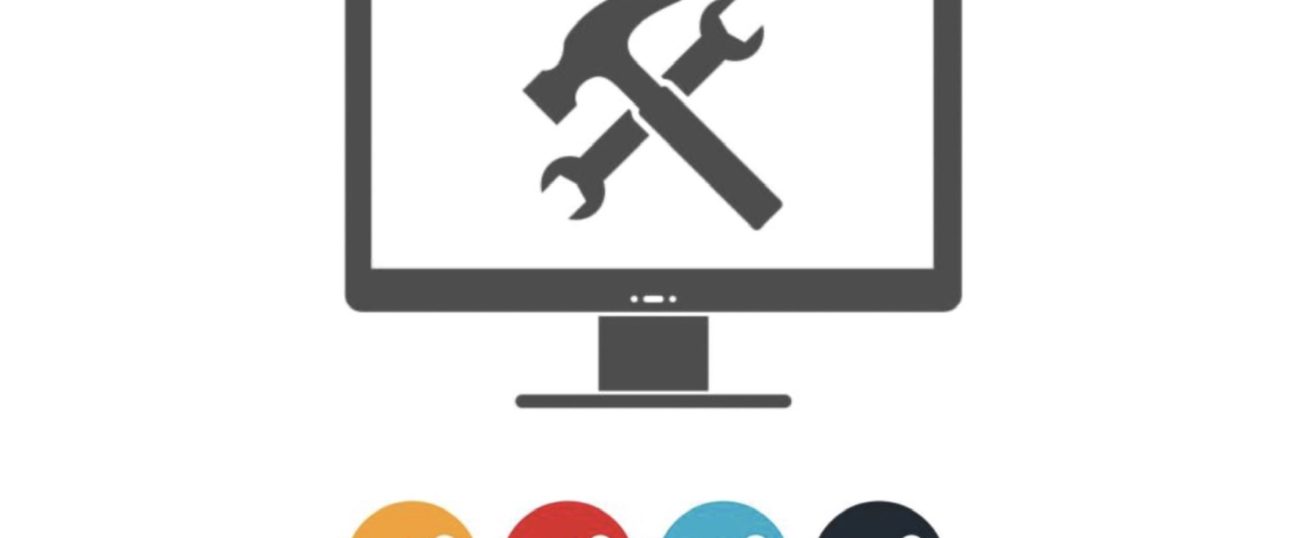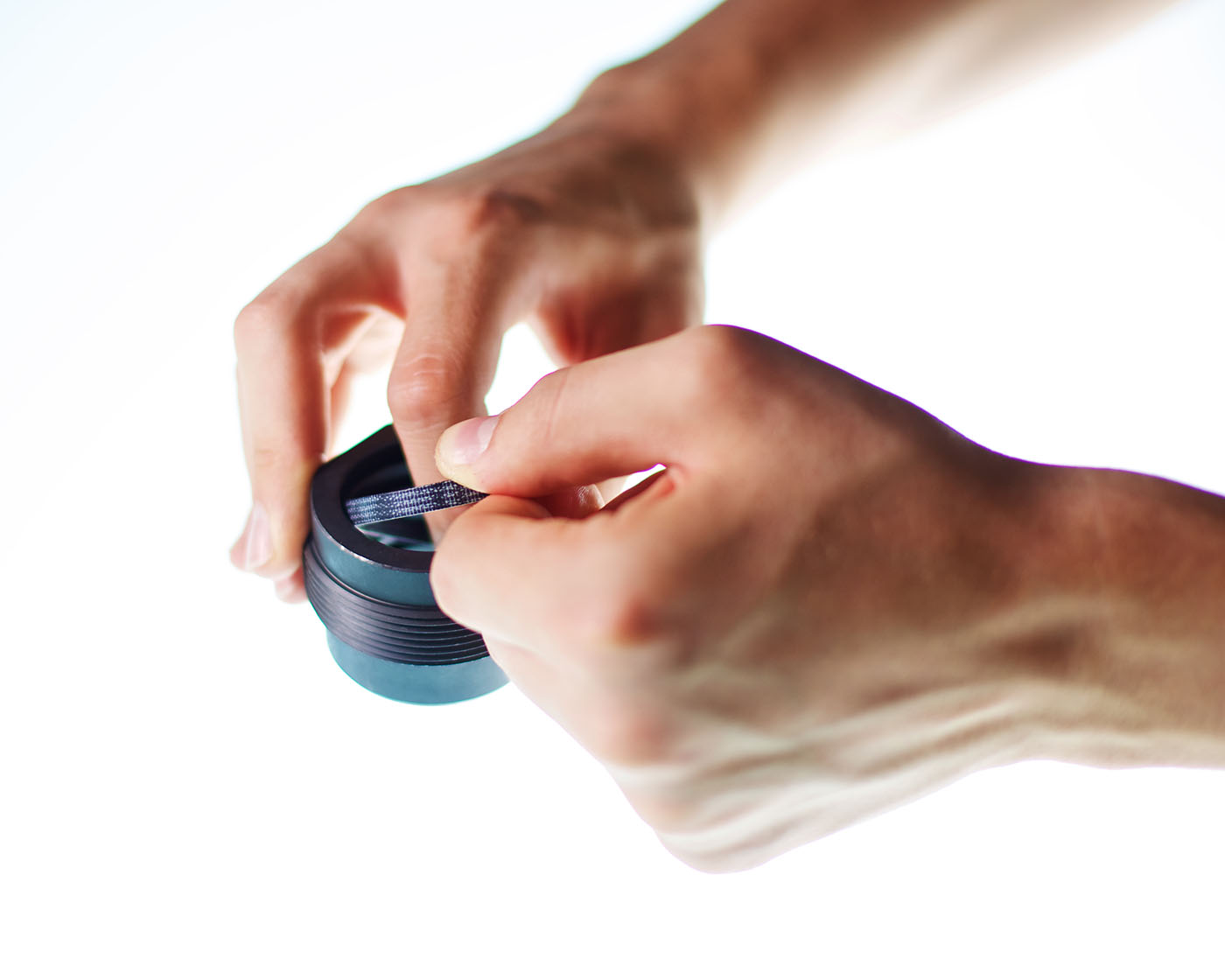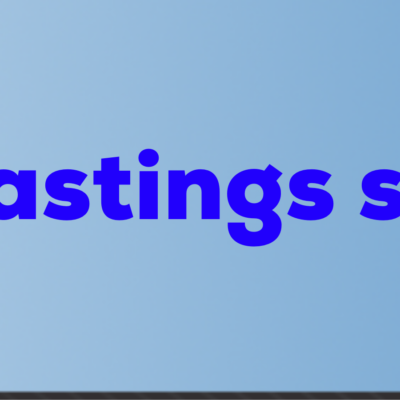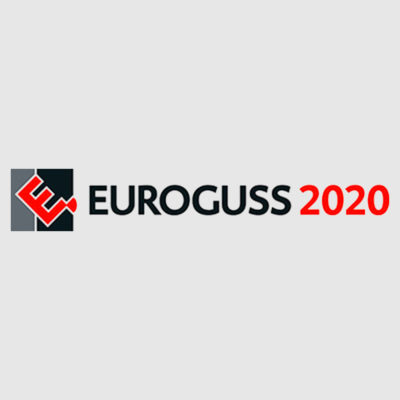Good morning! It’s a pleasure to have the chance of knowing more about Vega Support Department! Massimo, how long have you been working in Vega? And what is your role in the company?
Hello! I’ve been working in Vega for 5 whole years. Right now I’m working in the Support Department as one of the main employees.
What does your job involve?
Simply put, we help customers when they have problems with our cylinders, and we help them fix them. But actually this is just scratching the surface. Giving support involves a lot more. First of all, we need to understand correctly what kind of issues our customers are experiencing. We need to listen to their accounts of what went wrong and examine the cylinder itself to find what’s wrong with it.
Then the most difficult part comes—we need to understand why that happened! What caused the cylinder to break? Or what brought about its malfunctioning? Is the cylinder itself the problem? Or has it been improperly installed or misused? It’s a like doing detective work, and that’s the most important part of our job!
But it’s no over yet! Another difficult task is to be accomplished—finding a solution. Can the cylinder be fixed? Should the customer change something in the way the cylinder is being used? Is that cylinder fit for such an application? Should we send another cylinder? Our customers’ happiness depends on this last task and its accomplishment!
Quite a hard job! In your experience, what is the one of the main reasons—and most common one—behind cylinder malfunctioning?
Usually overconfidence is one of the greatest issues when it comes to choosing the right cylinder. Some of our customers had already bought cylinders from Vega, and they loved it. Therefore, they thought that buying the same type of cylinder for other applications would be fine. But every application is different, and so is every mold. Although it may be quite annoying, it is necessary to know more about the cylinder you’re going to buy, and you need to make completely sure that it’s fit for your application. Moreover, you need to know how that cylinder works.
Could you give an example of what you mean?
Sure! Some time ago, one of our customers asked for help—their cylinder sensor wouldn’t give any signal! Things look pretty clear—the sensor was broken or non-functioning. But was that so?
Actually, the sensor worked perfectly! What happened?
Our customer had a particular type of mold. After being pushed forward by the rod, the mold would come back a little, so the cylinder rod would never run its entire stroke. And that’s the point! Unless otherwise requested, our sensors are placed so as to send signals once the full stroke has been reached. That’s why no signal was ever sent. They just needed to move the sensor back a little, and it worked perfectly!
This is just a mere example, but things like that happen quite often. A proper knowledge and use of our cylinders is vital if we want them to work and last over time.
Very esplicative! Knowledge is vital. What is Vega planning to do about it?
In order to lend a helping hand to the Support Department, and in order to make Vega cylinders and their features more well-known, Vega is planning to expand its training. Right now, our agents are very well-trained, especially when it comes to commercial knowledge and skills. But something more could be done to improve their technical knowledge. And that’s our next goal!
It would help us a great deal! On one hand, our agents would be more “equipped” to help our customers find the right cylinder for their applications. On the other hand, when problems arise, they would also be capable of solving easy issues and find the right and most economical solution for our customers. This way, we can focus on most complex and serious technical issues.




